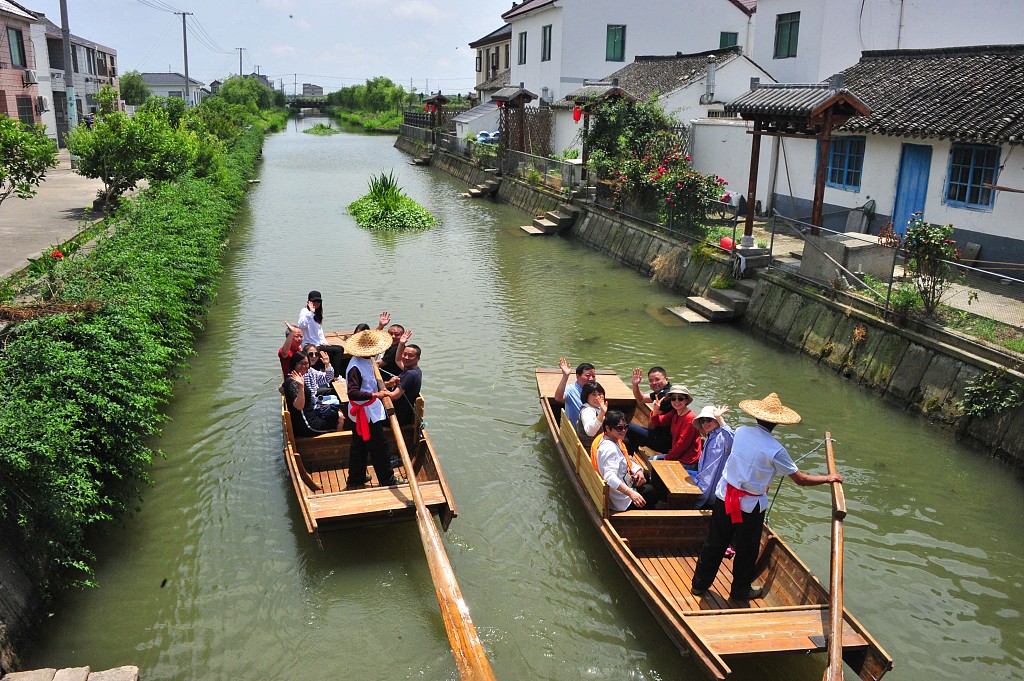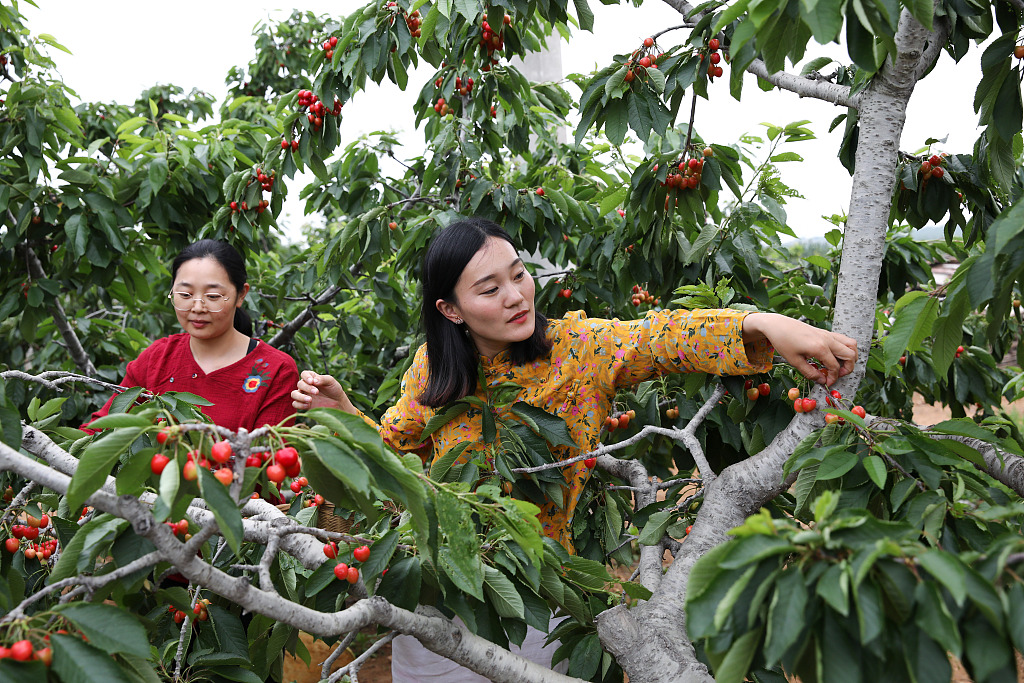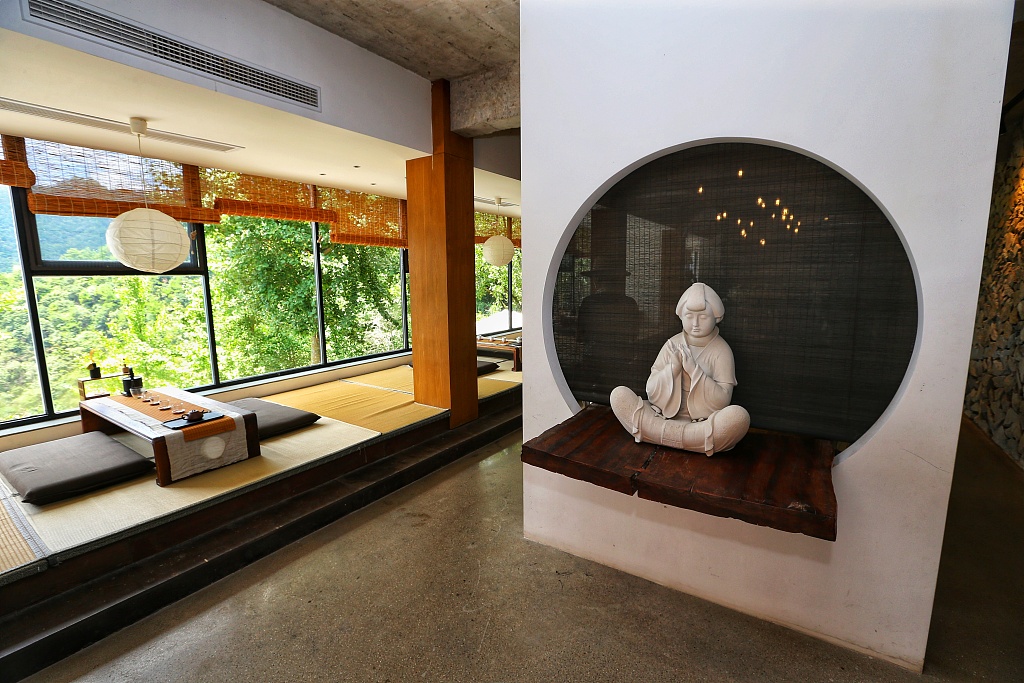
The sight of popular tourist destinations jammed with countless visitors, once commonly seen in the past, is nowhere to be found at the moment. The unprecedented novel coronavirus outbreak has brought tremendous changes to people's lives. Various forms of travel restrictions have been imposed by nearly all countries in the world with numerous flights cancelled, cities in lockdowns, and businesses closed. And the tourism sector grinded to a halt as a result of the sudden crisis.
Even after China managed to flatten the COVID-19 curve and resumed businesses nationwide, the travel industry wasn't able to quickly rebound to the previous level. On one hand, people have a pent-up desire to travel, but on the other, virus fears still linger when making travel plans.
It surely takes time to heal, but traveling might never be the same as before. The "Travel in the Post-Pandemic Era" series intends to bring you some insights on how the pandemic shifts people's travel preferences and tourism-related industries in China.
Chinese tourists opt for rural tourism

Shanghai citizens take rural trips at a water town in the Fengxian District, Shanghai, May 23, 2020. /VCG
Shanghai citizens take rural trips at a water town in the Fengxian District, Shanghai, May 23, 2020. /VCG
While international travel is off the menu, Chinese tourists laid their eyes on domestic destinations. The past public holidays have proved that rural tourism has become a popular vacation option for Chinese travelers.
According to the Ministry of Agriculture and Rural Affairs, the recovery of rural tourism exceeded expectations during the five-day May Day holiday. It is now taking the lead in driving the domestic tourism recovery and has breathed new life into the economy.
Lower population density, plenty of nature-friendly outdoor attractions, homestays with local characteristics and rural culture, these are some of the reasons why more city dwellers opt for slow-paced rural tourism experience.
"Here you can not only enjoy the landscape, but it's also a paradise for foodies," Deng Yu, a 26-year-old visitor who paid a visit to a close-to-home rural village, said, adding that rural trips help relieve stress by escaping the bustling city life and getting closer to nature.
As of June 1, some 3,584 out of over 7,000 rural tourism sites in Beijing have resumed operations, accounting for nearly 50 percent, the city's culture and tourism department said. Also, efforts have been made nationwide on rural revitalization and the construction of infrastructure in rural areas to optimize people's tourism experience.

Tourists pick up cherries at Lizhuang Township in Lianyungang City, east China's Jiangsu Province, May 24, 2020. /VCG
Tourists pick up cherries at Lizhuang Township in Lianyungang City, east China's Jiangsu Province, May 24, 2020. /VCG
Homestays thrive
The homestay sector in the countryside has seen a rapid growth. Hunan Province in central China, for instance, has seen its 100 boutique homestays recording an occupancy rate of over 80 percent during the May Day holiday, statistics from the local authorities showed.
Zhu Jufang, 37, has operated a homestay property in Houchuan Village for 10 years in Tianshui City, northwest China's Gansu Province. Over the years, her homestay property has witnessed a transformation from an aged small quadrangle courtyard, a traditional Chinese-style dwelling, to a two-story house that offers both dining and accommodation services. To draw more tourists, she and her husband also attended courses to learn cooking and hotel management organized by the county.

A homestay property at Lishui City, east China's Zhejiang Province. /VCG
A homestay property at Lishui City, east China's Zhejiang Province. /VCG
"Rural homestays provide a perfect chance for tourists to learn about the local customs," said a manager with Tujia, a homestay booking platform in China, adding that the homestay market will see accelerated recovery in the rest of the year.
As of June 1, over 450 homestays have resumed in Beijing, accounting for 65 percent of the total, according to the culture and tourism department.
Last year, rural areas across China received a total of 3.2 billion tourists, generating a revenue of more than 850 billion yuan (119.3 billion U.S. dollars).
(Cover image designed by Qu Bo)